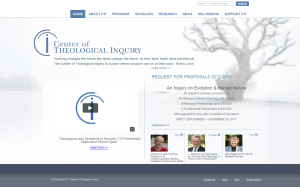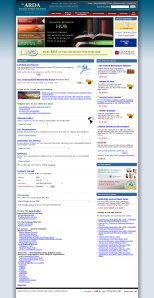The Shodhganga@INFLIBNET Centre provides a platform for research students to deposit their Ph.D. theses and make it available to the entire scholarly community in open access. The repository has the ability to capture, index, store, disseminate and preserve ETDs submitted by the researchers.
Theses and dissertations are known to be the rich and unique source of information, often the only source for research work that does not find its way into various publication channels. Doctoral dissertations are manifestation of result of four to five years of intense work involving huge investment of resources, both mental and physical and infrastructure and other support from the universities. A thesis reflects quality of research work conducted by a student and the ability of an institution to lead and support original work of research in a given discipline.
As per the UGC Regulation on M.Phil/Ph.D, the responsibility of hosting, maintaining and making the digital repository of Indian Electronic Theses and Dissertation (Shodhganga) accessible to all institutions and universities is assigned to the INFLIBNET Centre.







